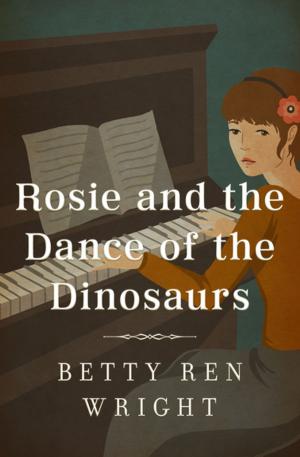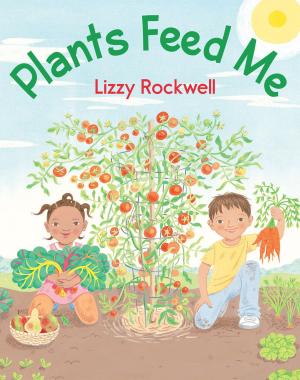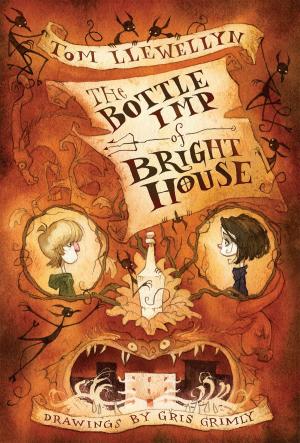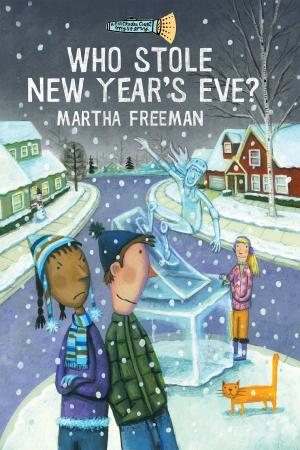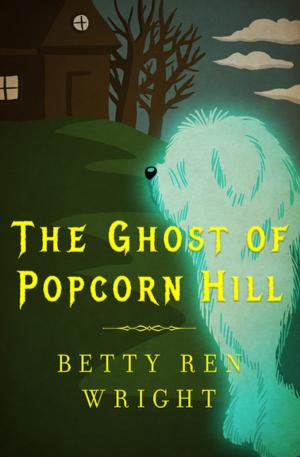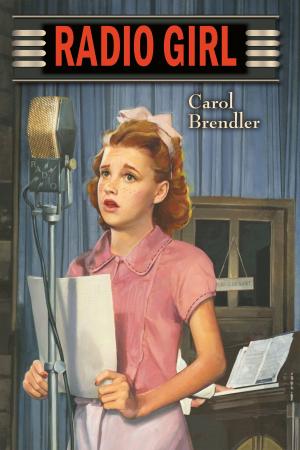Caroline's Comets
A True Story
Kids, Technology, Aeronautics, Astronautics & Space Science, People and Places, Biography, Non-Fiction, Science and Technology| Author: | Emily Arnold McCully | ISBN: | 9780823437979 |
| Publisher: | Holiday House | Publication: | February 28, 2017 |
| Imprint: | Holiday House | Language: | English |
| Author: | Emily Arnold McCully |
| ISBN: | 9780823437979 |
| Publisher: | Holiday House |
| Publication: | February 28, 2017 |
| Imprint: | Holiday House |
| Language: | English |
With courage and confidence, Caroline Herschel (1750-1848) becomes the first woman professional scientist and one of the greatest astronomers who ever lived.
Born the youngest daughter of a poor family in Hanover, Germany, she was scarred from smallpox, stunted from typhus and used by her parents as a scullery maid. But when her favorite brother, William, left for England, he took her with him. The siblings shared a passion for stars, and together they built the greatest telescope of their age, working tirelessly on star charts. Using their telescope, Caroline discovered fourteen nebulae and two galaxies, was the first woman to discover a comet, and became the first woman officially employed as a scientist—by no less than the King of England! The information from the Herschels’ star catalogs is still used by space agencies today.
A 2018 NSTA-CBC Outstanding Science Trade Book for Students K-12.
With courage and confidence, Caroline Herschel (1750-1848) becomes the first woman professional scientist and one of the greatest astronomers who ever lived.
Born the youngest daughter of a poor family in Hanover, Germany, she was scarred from smallpox, stunted from typhus and used by her parents as a scullery maid. But when her favorite brother, William, left for England, he took her with him. The siblings shared a passion for stars, and together they built the greatest telescope of their age, working tirelessly on star charts. Using their telescope, Caroline discovered fourteen nebulae and two galaxies, was the first woman to discover a comet, and became the first woman officially employed as a scientist—by no less than the King of England! The information from the Herschels’ star catalogs is still used by space agencies today.
A 2018 NSTA-CBC Outstanding Science Trade Book for Students K-12.



